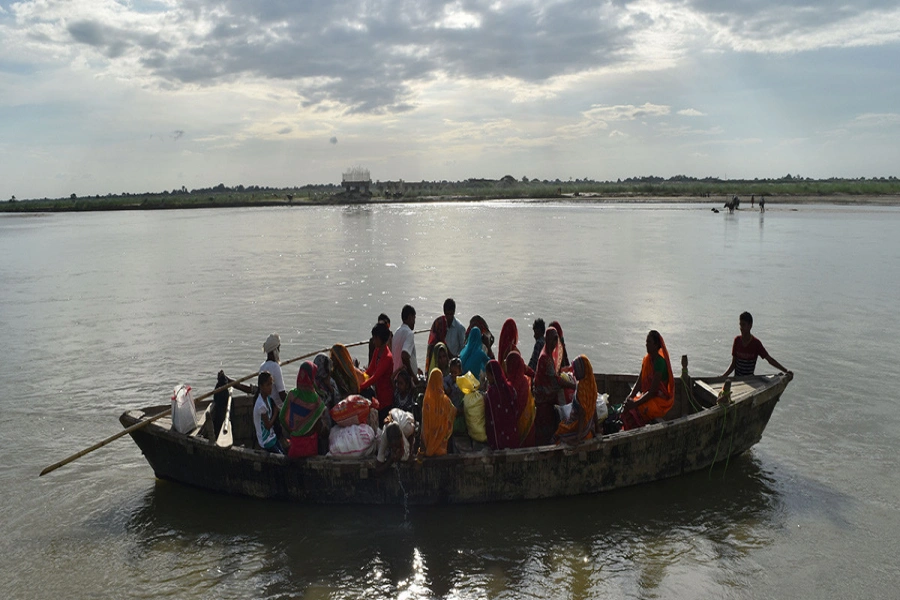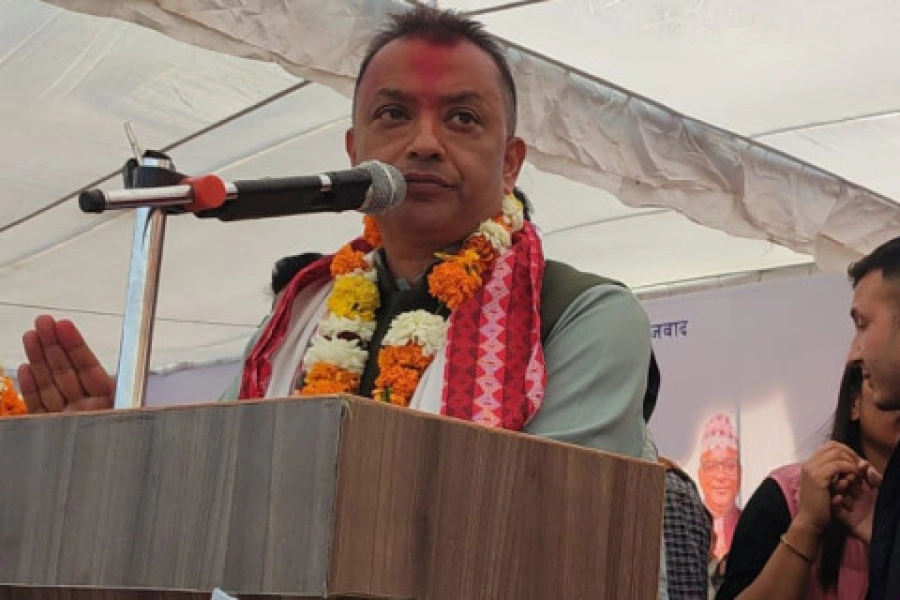KATHMANDU, June 20: The United States Agency for International Development (USAID) has announced the completion of its Knowledge-based Integrated Sustainable Agriculture and Nutrition (KISAN) II project, showcasing significant achievements in increasing productivity and income for Nepali farmers and agribusinesses.
Issuing a statement, the USAID said that the project which ran from July 2017 to July 2024 supported over 270,600 farmers, with 73 percent being women and 63 percent from marginalized groups. The project has improved agricultural productivity and sales in 25 districts through a strong partnership between USAID, the Government of Nepal, and the private sector.
According to the USAID, the project collaborated with 177 firms benefiting more than 35,000 farmers. This support has led to a 139 percent increase in production and sales of agricultural products worth $47.6 million. Additionally, USAID has promoted climate-resilient agricultural practices and new digital technologies to help farmers cope with climate change.
US Embassy shares outcomes of KISAN project

US Embassy Deputy Chief of Mission Jason Meeks expressed pride in helping Nepali farmers increase their income, expand access to healthy food, and improve food security and prosperity in Nepal.
Minister for Agriculture and Livestock Development Jwala Kumari Sah highlighted the success of the rice mill and maize aggregation models introduced by the KISAN II project, which have been adopted by government agencies to support farmers and ensure fair prices for their produce.
The closing ceremony of the project included the handover of knowledge and technology to the Government of Nepal, aimed at expanding the private sector's role in agriculture, attracting investment, and enhancing agricultural production and economic prosperity in Nepal.
Since 2011, the US government's Feed the Future program has supported over 800,000 Nepali farmers with more than $180 million to increase revenue through productivity improvements and sales growth.


_20240620184020.jpeg)

































